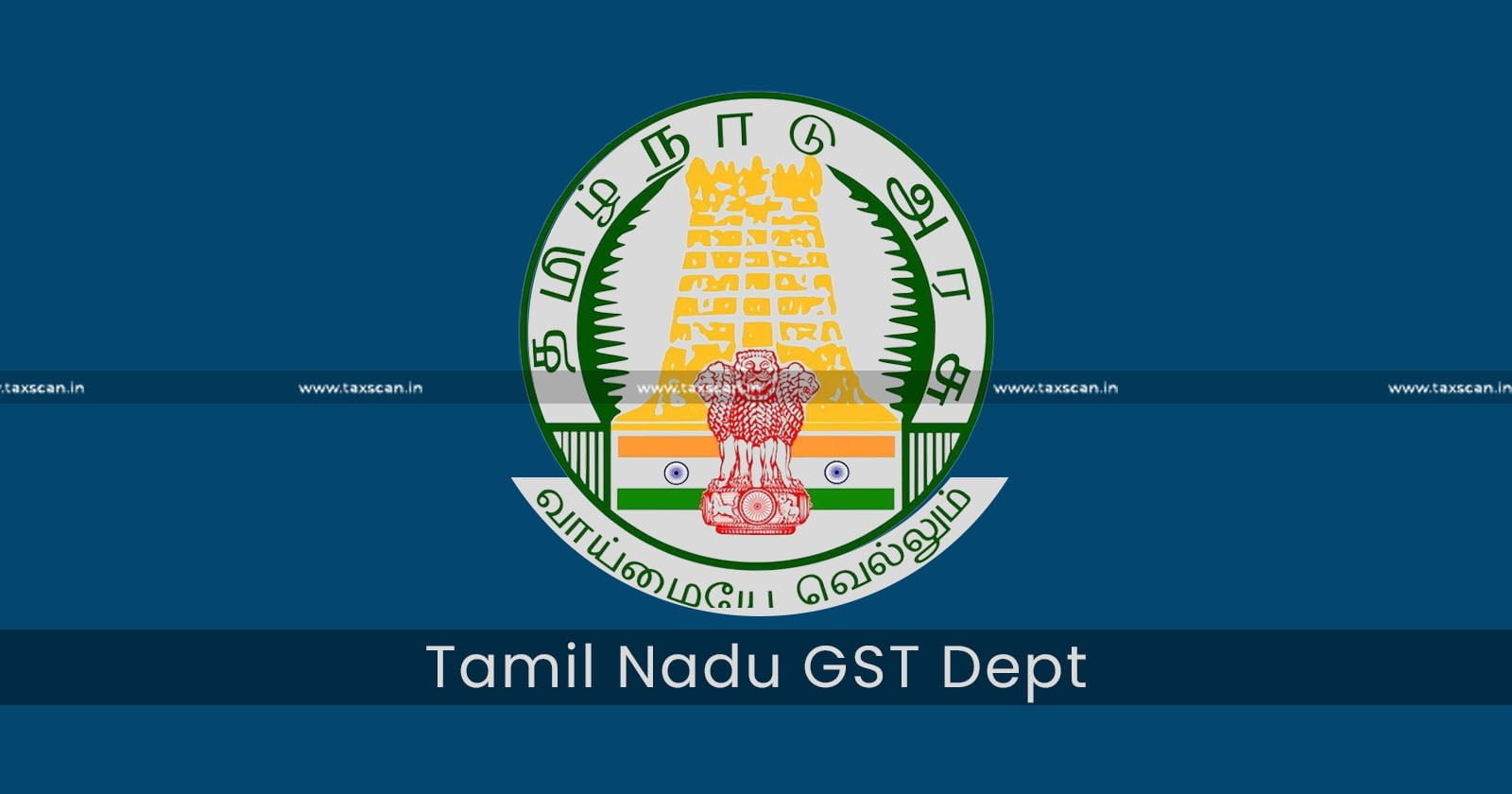Roles & Responsibilities for CGST Officials: CGST Releases Handbook Prepared by TN Zone

Chennai Outer Goods and Service Tax ( GST ) and Central Excise ( CE ) together have initiated to prepare the handbook for roles and responsibilities for the Central Goods and Services Tax ( CGST ) officials. The handbook is divided into four parts: Range functions, Deputy/Assistant commissioner, Senior management, Instructions & guidelines and Circulars.
The manual's purpose is to provide officers of all ranks in an Executive GST Commissionerate from the Inspector to the Principal Commissioner with a rapid reference to their statutory obligations under the 2017 GST Act.
The handbook is organised into four sections, with the first two covering the Ranges staffed by Superintendents and Inspectors and the Divisions under the direction of Deputy or Assistant Commissioners, which are the core functional units of the GST architecture. The functions of the Joint and Additional Commissioners and the (Principal) Commissioners are the subject of the next two sections.
It is notable that the team of Inspectors who have recently joined the CBIC fraternity and are assigned to Chennai Outer GST developed the first iteration of the Handbook.
RANGE FUNCTIONS:
The two divisions under this section are inspector and superintendent. According to Rule 68 mentioned in the handbook, the inspector has the responsibility to issue the notice to the non-filers of tax.
Further, the superintendent has the power to make suo-moto registration for who is liable to be registered under the Act but has failed to obtain registration as per section 25(8) of the TNGST Act and Rule 16.
There are other numerous activities that should be done by the superintendent like issuing registration certificates, grant of registration to taxpayers involved in TDS & TCS transactions, assignment of UIN to certain identities, cancellation or suspension of registration..etc. Also, the superintendent has the power to issue the summons, make demands and recover.
DEPUTY/ASST. COMMISSIONER
The two divisions under this section are the divisional deputy/asst. commissioner and headquarters of the Anti-evasion unit.
The commissioner has certain powers which are more similar to the superintendent, however with slight changes like DC/AC can extend the registration granted to casual taxable persons and non-resident taxable persons, refunds, assessment scrutiny and audit, demands & recovery ..etc.
Under the Headquarters’ Preventive Deputy/ Assistant Commissioner, the DC/AC can impose a penalty for failure to furnish information return. Further also has responsibility on inspect, search & seizure and demand & recovery.
SENIOR MANAGEMENT
It covers the duties of the Principal Commissioner/Commissioner and the Additional/Joint Commissioner.
The additional/joint commissioner has the authority to add thirty days to the deadline for submitting an application for revocation or cancellation of registration. Furthermore, the Additional Commissioner Joint Commissioner (Appeals) is where appeals of DC/AC rulings or orders are filed.
Also, the Commissioner has the responsibility and role to play from the registration, inspection, returns, refund, appeals..etc.
The handbook, as stated also contains the instructions and guidelines on registration, Refunds, Demands & Recovery, Adjudication, Inspection, Search & Seizure, Arrest & Prosecution, Assessment, Scrutiny & Audit, Offences & Penalties, Clarificatory Instructions and Miscellaneous.
Also, different circulars include accounts & records, appeals, taxability, demands & recovery, ITC, place of supply, refund, SOP, the value of supply..etc.
To Read the full text of the Order CLICK HERE
Support our journalism by subscribing to Taxscan premium. Follow us on Telegram for quick updates


